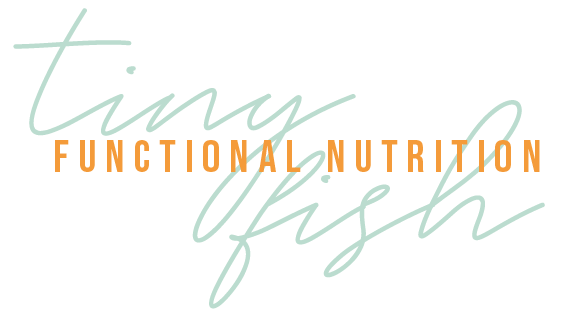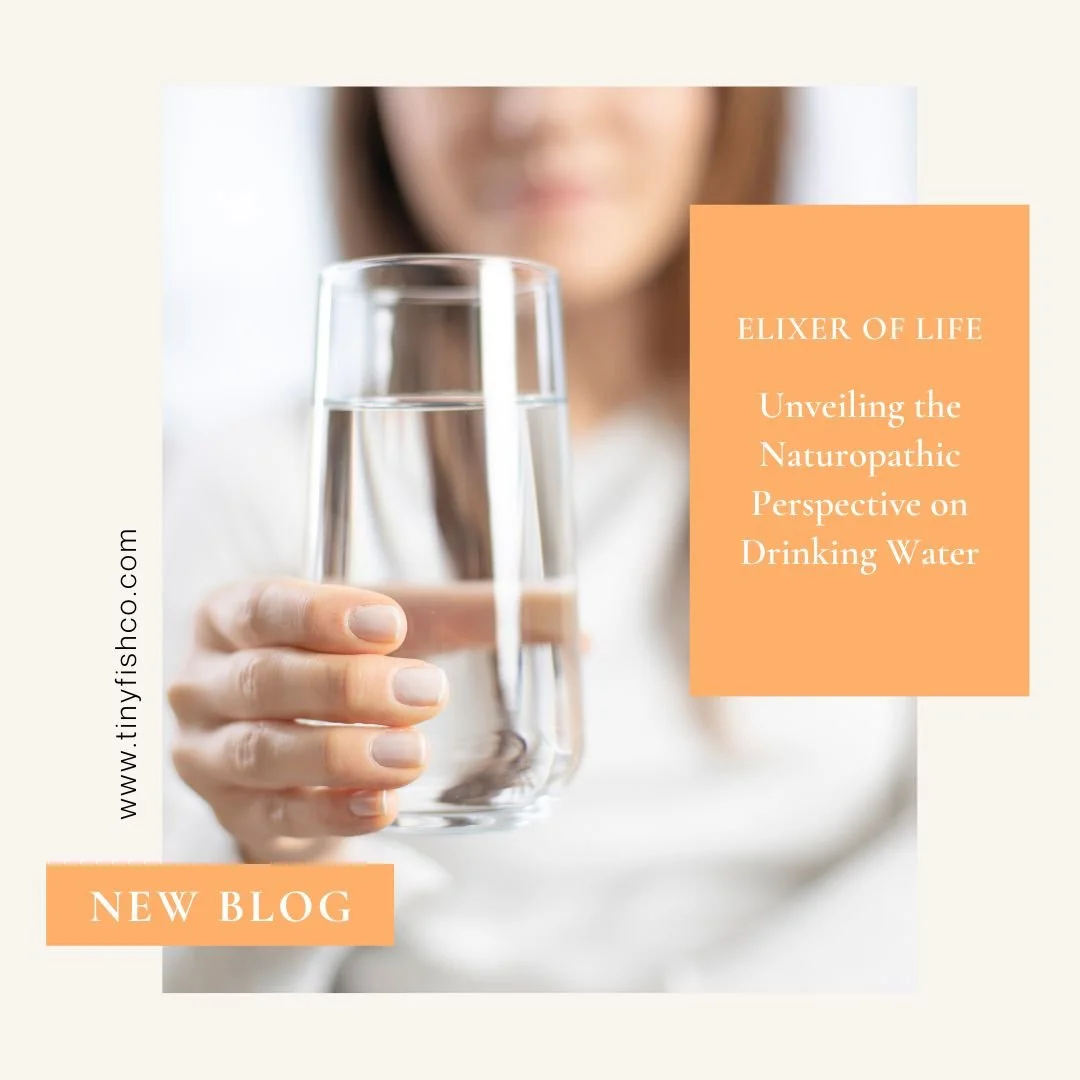The Elixir of Life: Unveiling the Naturopathic Perspective on Drinking Water
The secrets to optimal health often lie in the simplest of nature’s gifts. One such gift, often overlooked, is the very essence of life itself - Water. As a Naturopathic Doctor, I’m here to reintroduce you to this humble yet mighty health ally, and how it upholds the fundamental naturopathic principles of healing and well-being.
First, let's clear the fog around hydration. Dehydration isn't merely about feeling thirsty. It’s a subtle adversary that can present through various signs, like dry skin, fatigue, dizziness, and even cognitive difficulties such as brain fog. Chronic dehydration might disrupt your body's harmony, paving the way for more significant health concerns.
Water is fundamental to maintaining the body's balance or 'homeostasis'. It aids in digestion, keeps your skin radiant, lubricates joints, and is essential for efficient elimination of waste products. A well-hydrated body is a well-tuned machine, operating in perfect synchrony with nature, embodying the naturopathic principle of "Vis Medicatrix Naturae" - the healing power of nature.
But what if you're among those who find water too plain, or struggle to drink enough? Here are some naturopath-friendly tips to help you elevate your hydration game:
1. Infuse It: Natural flavors can turn your glass of water into a refreshing delight. Try infusing water with slices of fruits like lemon or cucumber, or even fresh herbs like mint or basil.
2. Eat Your Water: Yes, you read that right. Many fruits and vegetables have high water content and can contribute to your hydration levels. Watermelon, cucumbers, oranges, and strawberries are all excellent choices.
3. Set a Reminder: In our busy lives, it's easy to forget to drink water. Setting reminders on your phone can help you maintain regular water intake throughout the day.
4. Use a Measured Water Bottle: Keeping track of your daily water intake can be as simple as using a bottle that is marked with measurements.
Can you test for dehydration?
Several methods can be used to assess dehydration. Here are some commonly used techniques:
Clinical Assessment: Doctors and clinicians can often diagnose mild dehydration by conducting a physical exam, looking for signs such as decreased skin turgor (the skin's elasticity), dry or sticky mouth, sunken eyes, or lack of sweat. Additionally, they will consider symptoms like thirst, fatigue, headache, dizziness, or decreased or sometimes increased urine output.
Blood Tests: In more severe cases, doctors may recommend blood tests to check for electrolyte imbalances, kidney function, and other signs of dehydration.
Urine Tests: Urine color and concentration can be an indicator of hydration levels. Dark, concentrated urine often suggests dehydration, while clear or light-colored urine typically indicates proper hydration.
Orthostatic Hypotension Testing: This involves taking a person's blood pressure and pulse rate while they're lying down and standing up. Changes in these values can indicate dehydration.
Remember, adopting healthier habits is a gradual process and an integral part of the naturopathic philosophy. Hydrating adequately is just one step on your journey to health, but it’s a crucial one!
Ready to take a deeper dive into your well-being? As your naturopathic ally, I’m here to guide you, offering personalized health strategies tailored to your unique needs. Don’t just sip on the surface; plunge into the profound ocean of naturopathic health and wellness. Click below to book your consultation today and let's set sail on your voyage to vitality!
Here's to nurturing your health, naturally, one sip at a time!


